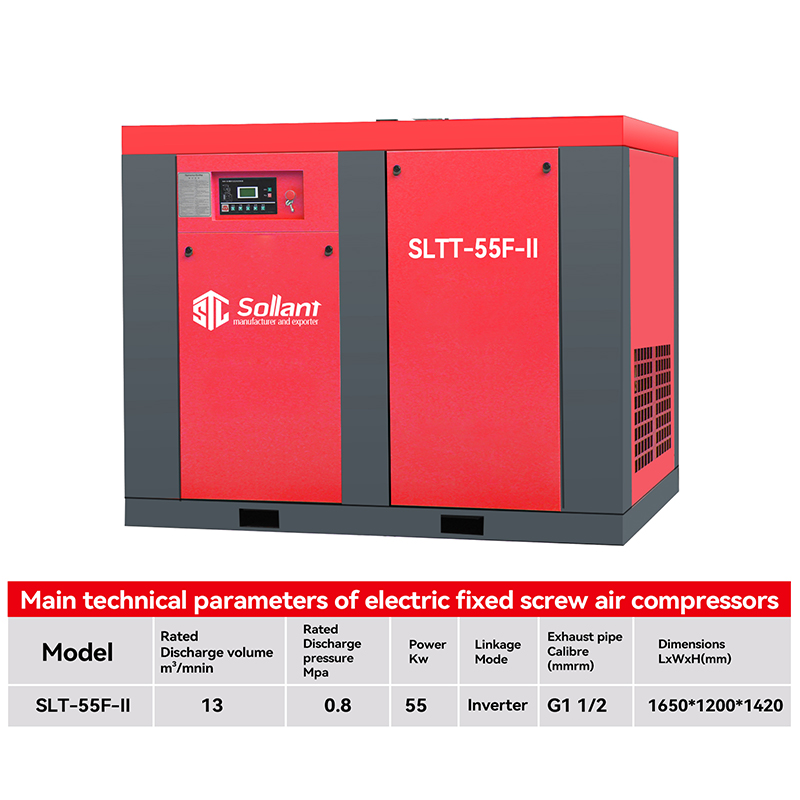When it comes to choosing the best compressor type for tunnels, there are several options available, including screw air compressors, reciprocating compressors, and centrifugal compressors. Each type has its own advantages and disadvantages, and the best option depends on the specific needs of the tunneling project. Here are some comparisons between screw air compressors and other compressor types:

Screw air compressors vs. reciprocating compressors: Screw air compressors are generally more energy-efficient than reciprocating compressors, which can help reduce operating costs. They also have a higher flow rate and can deliver a continuous supply of compressed air, making them well-suited for tunneling applications that require a consistent flow of air. Reciprocating compressors, on the other hand, are often more compact and require less space, making them suitable for smaller tunnels or where space is limited.

Screw air compressors vs. centrifugal compressors: Centrifugal compressors are best suited for high-volume applications, such as large-scale industrial processes, and are less commonly used in tunneling applications. They are generally more efficient at higher flow rates, but less efficient at lower flow rates. In comparison, screw air compressors are better suited for tunneling applications due to their higher efficiency at lower flow rates and their ability to provide a continuous supply of compressed air.

Overall, screw air compressors are a popular choice for tunneling applications due to their efficiency, reliability, and ability to provide a continuous supply of compressed air. However, the choice of compressor type ultimately depends on the specific needs of the tunneling project, including required flow rate, available space, and budget.
Sollant Focus on Energy Saving



